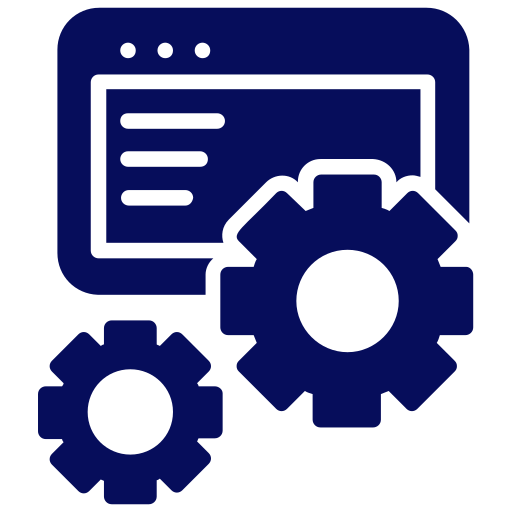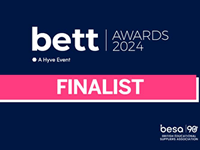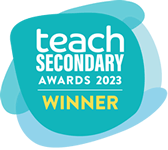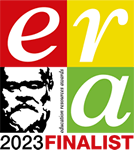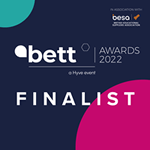It includes:
Student Learning Record Workbook (for use by students)- Student Learning Record Answers (for use by teachers)
- End of Topic test and answers
- Lesson PowerPoint’s for every lesson
- Any associated answers or references sheets for class activities
These resources provide workbook activities for this topic, primarily for revision of programming principles that will have already been taught throughout the course. Use our comprehensive TIME 2 CODE resources for a programming course.
This topic covers:
1.1 Decomposition and abstraction
- 1.1.2 understand the benefits of using subprograms.
1.2 Algorithms
- 1.2.3 understand the need for and be able to follow and write algorithms that use arithmetic operators (addition, subtraction, division, multiplication, modulus, integer division, exponentiation), relational operators (equal to, less than, greater than, not equal to, less than or equal to, greater than or equal to) and logical operators (AND, OR, NOT).
6.2 Constructs
- 6.2.1 understand the function of and be able to identify the structural components of programs (constants, variables, initialisation and assignment statements, command sequences, selection, repetition, iteration, data structures, subprograms, parameters, input/output).
- 6.2.2 be able to write programs that make appropriate use of sequencing, selection, repetition (count-controlled, condition-controlled), iteration (over every item in a data structure) and single entry/exit points from code blocks and subprograms.
6.3 Data types and structures
- 6.3.1 be able to write programs that make appropriate use of primitive data types (integer, real, Boolean, char) and one and two-dimensional structured data types (string, array, record).
- 6.3.2 be able to write programs that make appropriate use of variables and constants.
6.4 Input/output
- 6.4.1 be able to write programs that accept and respond appropriately to user input.
6.5 Operators
- 6.5.1 be able to write programs that use arithmetic operators (addition, subtraction, division, multiplication, modulus, integer division, exponentiation).
- 6.5.2 be able to write programs that use relational operators (equal to, less than, greater than, not equal to, less than or equal to, greater than or equal to).
- 6.5.3 be able to write programs that use logical operators (AND, OR, NOT).

